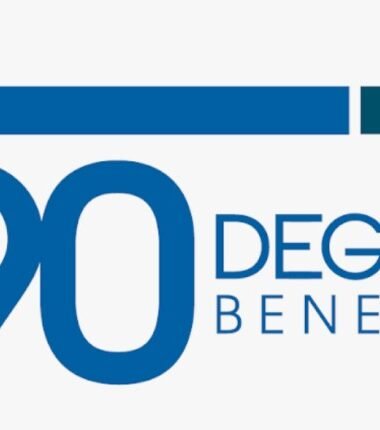The phrase insurance is a racket has been around for decades. Critics argue that insurance companies profit from fear, deny valid claims, or bury policy details in confusing jargon. Others feel trapped paying premiums for coverage they never use. While frustrations are valid, it’s important to separate myths from facts. Let’s explore why this perception exists, how insurance works, and how to avoid feeling exploited.
Why Do People Call Insurance is a Racket?
Many frustrations stem from misunderstandings or bad experiences. For example, someone might pay car insurance for years without accidents, only to face higher rates after a minor fender bender.
Others feel cheated when claims are denied for technical reasons, like missing a deadline or misreporting a detail. High premiums for health or life insurance can also feel unfair, especially if coverage feels out of reach.
Another issue is complexity. Policies are often filled with legal terms, exclusions, and fine print. Without clear explanations, customers might buy coverage that doesn’t fit their needs. This confusion fuels the idea that insurance is designed to trick people.
How Insurance Works?
Insurance is a financial tool, not a perfect safety net. Companies pool money from policyholders to cover unexpected losses. Premiums are calculated based on risk. For instance, drivers in accident-prone areas pay more for auto insurance. If claims increase company-wide, premiums might rise for everyone.
Denied claims often follow strict rules. For example, flood damage is rarely covered under standard home insurance. Customers who skip reading their policies might assume they’re covered, leading to disputes. While this system isn’t flawless, regulations in most countries require insurers to act fairly. Government agencies often step in to resolve complaints or penalize bad practices.
When Insurance Feels Like a Racket?
Some practices do justify criticism. A few companies prioritize profits over customers, using tactics like: Delaying claims to discourage payouts. Raising premiums abruptly without clear reasons. Upselling unnecessary add-ons to uninformed buyers.
For example, a 2022 study found that some health insurers routinely denied claims for essential treatments, forcing patients to appeal. Stories like these erode trust and fuel the “racket” stereotype.
How to Protect Yourself?
Insurance becomes a better tool when you understand it. Start by researching policies before buying. Compare multiple providers and read reviews. Ask agents to explain terms in plain language. For example, instead of accepting a generic home insurance plan, ask, “Does this cover sewer backups or earthquakes?”
Always read your policy. Note coverage limits, deductibles, and exclusions. If a claim is denied, request a written explanation and escalate the issue to your country’s insurance regulator if needed. For recurring problems like premium hikes, shop around. Loyalty to one company isn’t always rewarded.
Frequently Asked Questions
Why do insurance companies deny claims?
Claims are denied if the event isn’t covered, the paperwork is incomplete, or fraud is suspected. Always review your policy and submit accurate details.
Can I negotiate my premium?
Sometimes. Bundling policies, improving home security, or maintaining a clean driving record can lower rates.
Is insurance mandatory?
Some types are like auto liability insurance. Others, like life or pet insurance, are optional but recommended for financial safety.
How do insurance companies make money?
They invest in premiums and aim to pay out less in claims than they collect. However, regulations limit excessive profiteering in many regions.
What if I can’t afford insurance?
Look for subsidized plans (e.g., government health programs) or adjust coverage to fit your budget. Skipping insurance entirely risks bigger financial losses.








